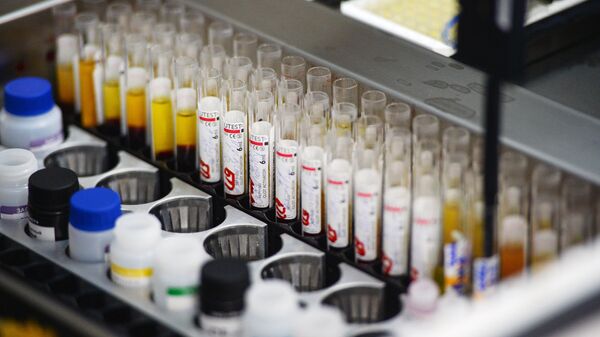While macrophages do a decent job cleaning our bodies of bacteria, the remains of dead cells, and other toxic particles, the HIV virus has been able to evade their wrath. In fact, macrophages contain a specific protein called SAMHD1 that prevents HIV from procreating inside these cells. The team of scientists discovered, however, that every once in awhile human immune cells switch this protein off for a short period of time, long enough, though, for a virus to penetrate the cell. And while inside the cell, the virus is in a perfect position to avoid treatment efforts.
According to the report published in Medical Daily, the team developed a method of adding a specific substance, called an HDAC inhibitor, and discovered that it prevents the macrophages from switching off the SAMHD1 protein.
HDAC inhibitors are chemical compounds with a long history of use in psychiatry and neurology as mood stabilizers and anti-epileptics. More recently they are being investigated as a possible treatment for cancer, parasitic, and inflammatory diseases.
"Our findings could help explain why some people undergoing antiretroviral therapy for HIV continue to have HIV replication in the brain, as the infected cells in the brain are typically macrophages," said Dr. Ravindra Gupta, one of the researchers.
The team said further tests are required before this treatment can be used on human subjects. However, they claim human macrophages in lab cultures and mice macrophages in the animal's brain tissues responded very well to being treated with an HDAC inhibitor.
The scientists believe that, combined with other discoveries in the field, this method will pave the way to eradicating HIV from human bodies for good.




